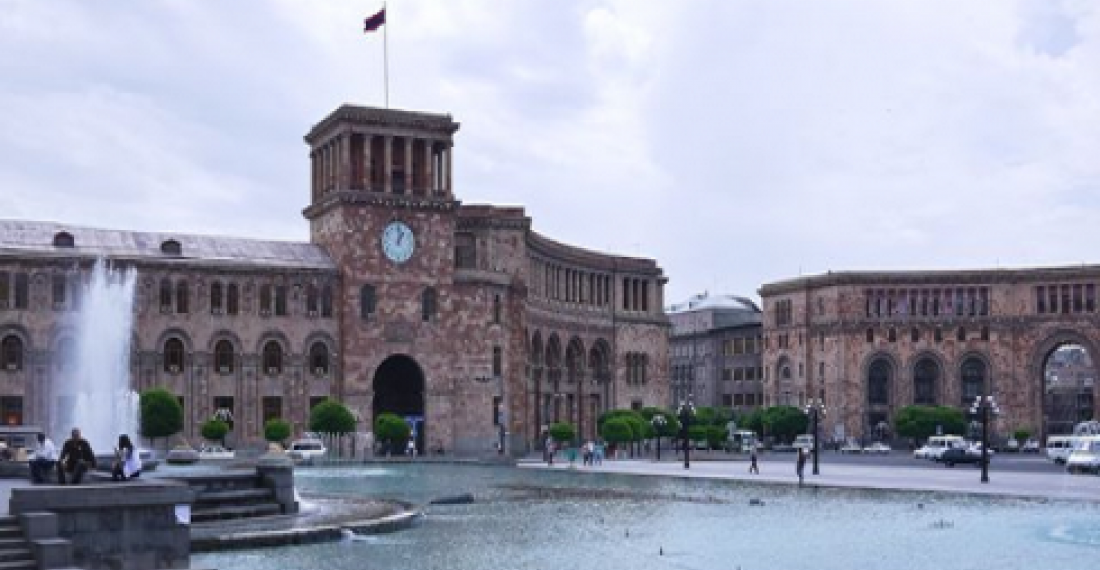The Armenian President Serzh Sargsyan yesterday signed a decree, re-appointing Tigran Sargsyan as Prime Minister. The decision had earlier been discussed and approved by the Board of the ruling Republican Party of Armenia.
Tigran Sargsyan, considered by some as a reformist and professional technocrat, has over the last years faced criticism from various quarters for his programme of cautious reforms that were resisted by various groups with vested interest in maintaining Armenia's closed and monopolistic economy. Sargsyan has also been sometimes criticised by others who think that his reform programme was not ambitious enough.
The re-appointment of Tigran Sargsyan as Prime Minister was likely one of the major obstacles that eventually led to the Prosperous Armenia Party (PAP), the second largest party in the Armenian parliament, not joining the coalition government. PAP is considered to be under the influence of former president Robert Kocharian who has in the past openly criticised Tigran Sargsyan's policies.
The Prime Minister has in the last two years also spearheaded an Armenian charm offensive towards the European Union, which has resulted in Armenia making progress in its negotiations with the EU on the proposed Association Agreement. Sargsyan will in fact travel to Brussels today for meetings with various European politicians and to address a meeting at one of the Brussels based think-tanks. He is expected to form a new government within the next two weeks.
source: commonspace.eu







